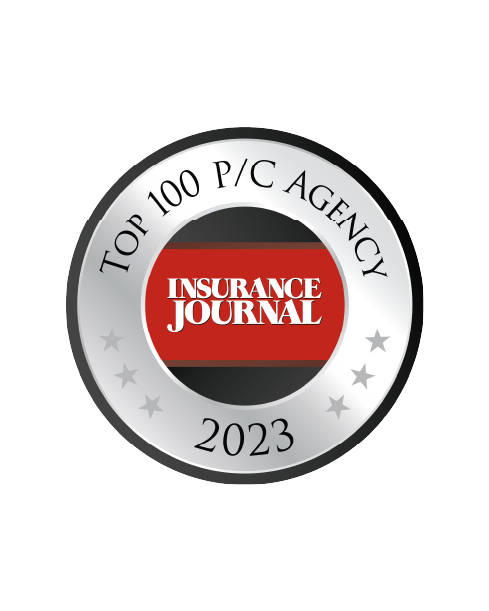PROTECTING THE POSSIBLE
Welcome to The Baldwin Group
The Baldwin Group is an award-winning, entrepreneur-led advisory firm delivering insurance, risk mitigation, employee benefits, and wealth management solutions for businesses and individuals.

WE ARE UPDATING OUR BRAND
Burnham Benefits and our partner firms have united as one brand, The Baldwin Group

Your continued partner for success
Our clients are at the heart of everything we do, and we remain committed to providing the exceptional coverage and services you need to keep your business and life running smoothly. Over the past several years, we’ve been carefully laying the foundation to build something even better. As your insurance needs grow, we’ll be right there beside you, protecting the possible.

What stays the same:
- Your dedicated team
- Your personalized services
- Your comprehensive protection and coverage
What you gain:
- More access to expanded industry and product line expertise
- More national resources, servicing all 50 states
- More international offerings for commercial risk and employee benefits
- More access to The Baldwin’s Group’s broad relationship with carrier partners for optimized terms and pricing
- More insights and expertise in business insurance, employee benefits, retirement, private client, wealth management, and personal insurance
View a message from our CEO about this brand transformation:
Explore baldwin.com
A great workplace attracts top talent
to deliver exceptional client service





From FORTUNE.
©2023 FORTUNE Media IP Limited.
All rights reserved. Used under license.

THE BALDWIN DIFFERENCE
Open the door to possibilities
The Baldwin Group is here to support your business or individual insurance needs. Explore new ways to protect what’s possible.




